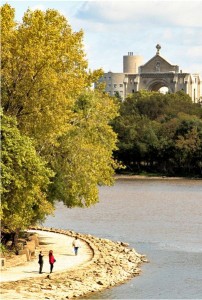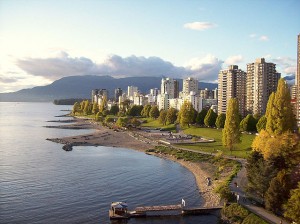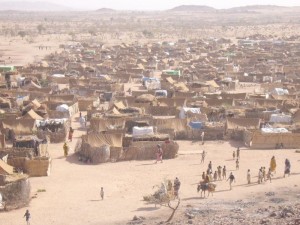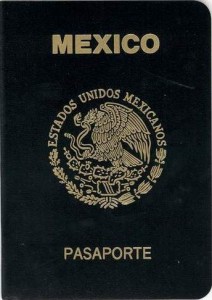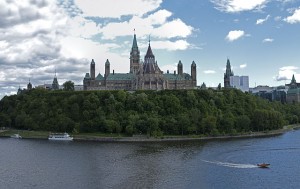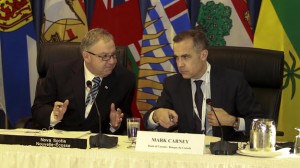
A new biometric chip containing a cryptographically signed digital encoding of the applicant’s photo and fingerprints will be embedded in the Canadian visas and work permits of nationals of 29 designated countries (Government of Canada)
The new rules will apply to nationals of 29 countries: Afghanistan, Albania, Algeria, Bangladesh, Burma (Myanmar), Cambodia, Colombia, Democratic Republic of Congo, Egypt, Eritrea, Haiti, Iran, Iraq, Jamaica, Jordan, Laos, Lebanon, Libya, Nigeria, Pakistan, Palestinian Authority, Saudi Arabia, Somalia, Sri Lanka, Sudan, South Sudan, Syria, Tunisia, Vietnam, and Yemen.
Subject nationals applying for a visitor visa, study permit or work permit will need to provide their fingerprints and photograph at the time of application. Foreign nationals who are Canadian permanent residents or citizens will be exempt from the new rules.
The biometric identification requirement is similar to United States Homeland Security’s biometric registration which applies to all visitors to the U.S. Other countries that use biometrics for border security or immigration control include the United Kingdom, Australia, New Zealand, Japan, South Korea, the United Arab Emirates, Indonesia, Malaysia, and Saudi Arabia.
Canadian Citizenship and Immigration Minister Jason Kenney on Friday extolled the advantages of the security measure: “Biometrics will strengthen and modernize Canada’s immigration system. Our doors are open to legitimate travellers and, through the use of biometrics, we will also be able to protect the safety and security of Canadians.”
The implementation of the new rules will correspond with the roll-out of the new Canadian ePassport, which will begin being issued on January 1st, 2013, and will include the biometric information of the passport holder.
Federal government officials say that the Canada Border Services Agency (CBSA) and the Royal Canadian Mounted Police (RCMP), the federal agencies responsible for administering the new biometric program, will work with the Office of the Privacy Commissioner to protect the personal personal information of applicants in accordance with Canada’s Privacy Act.

